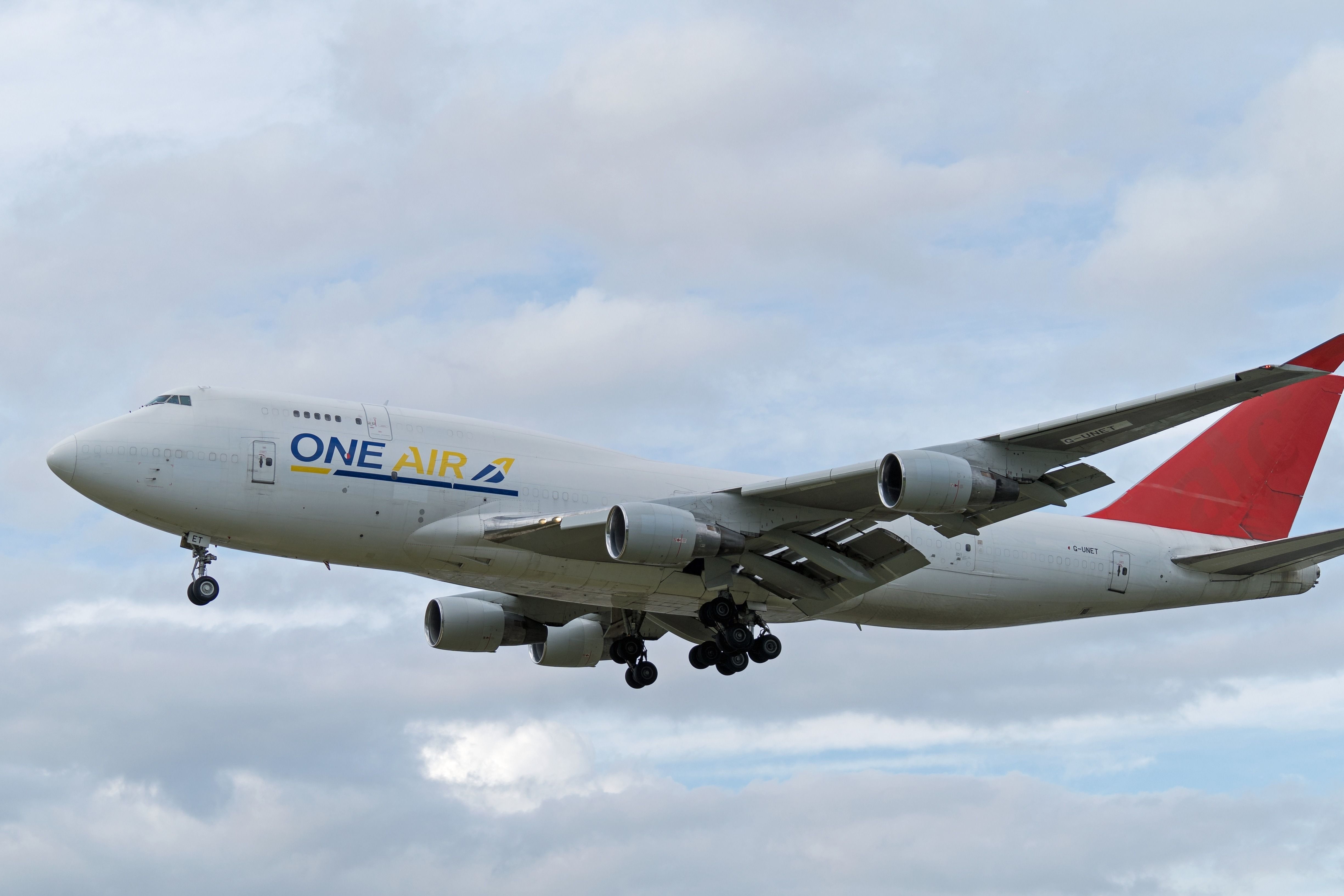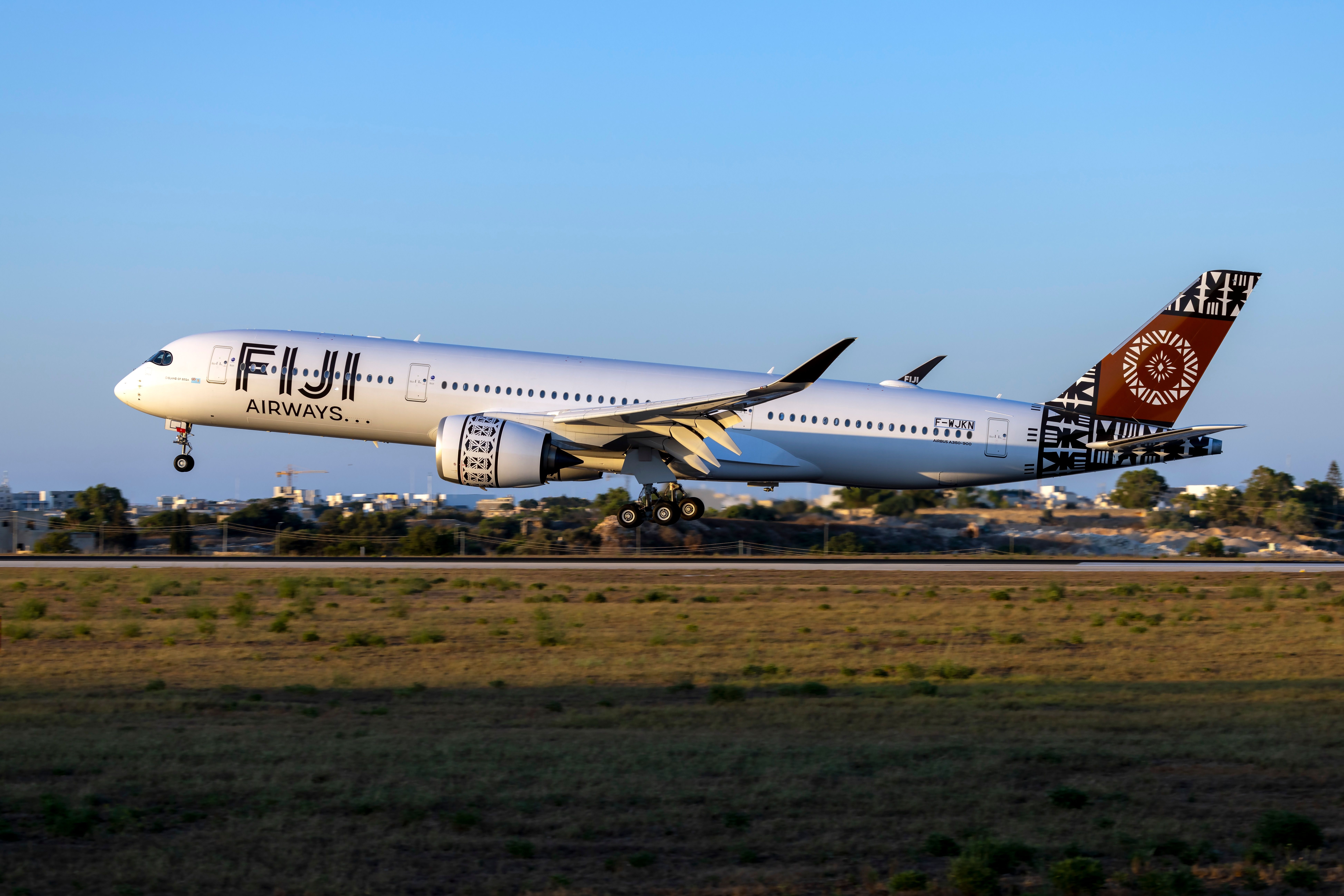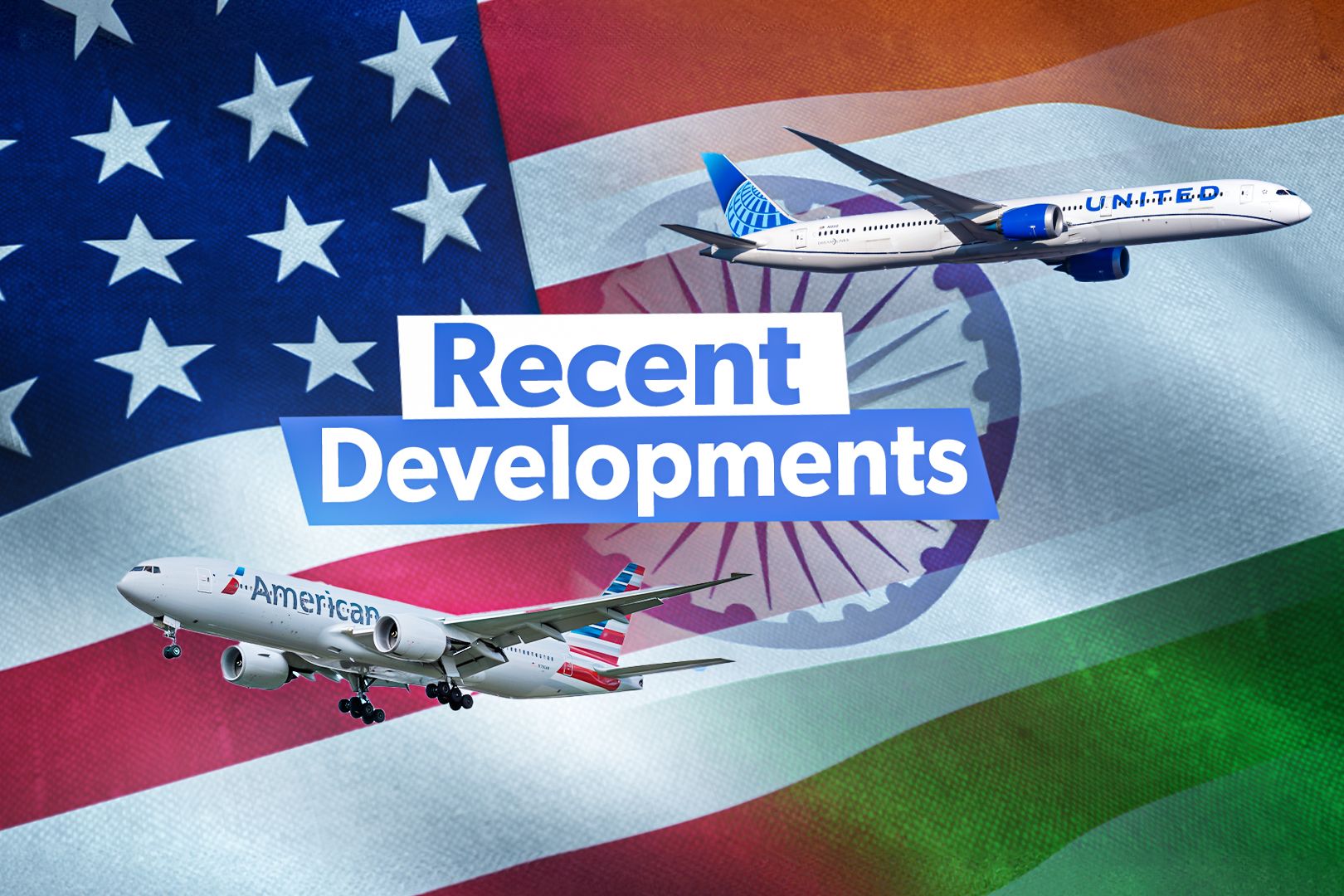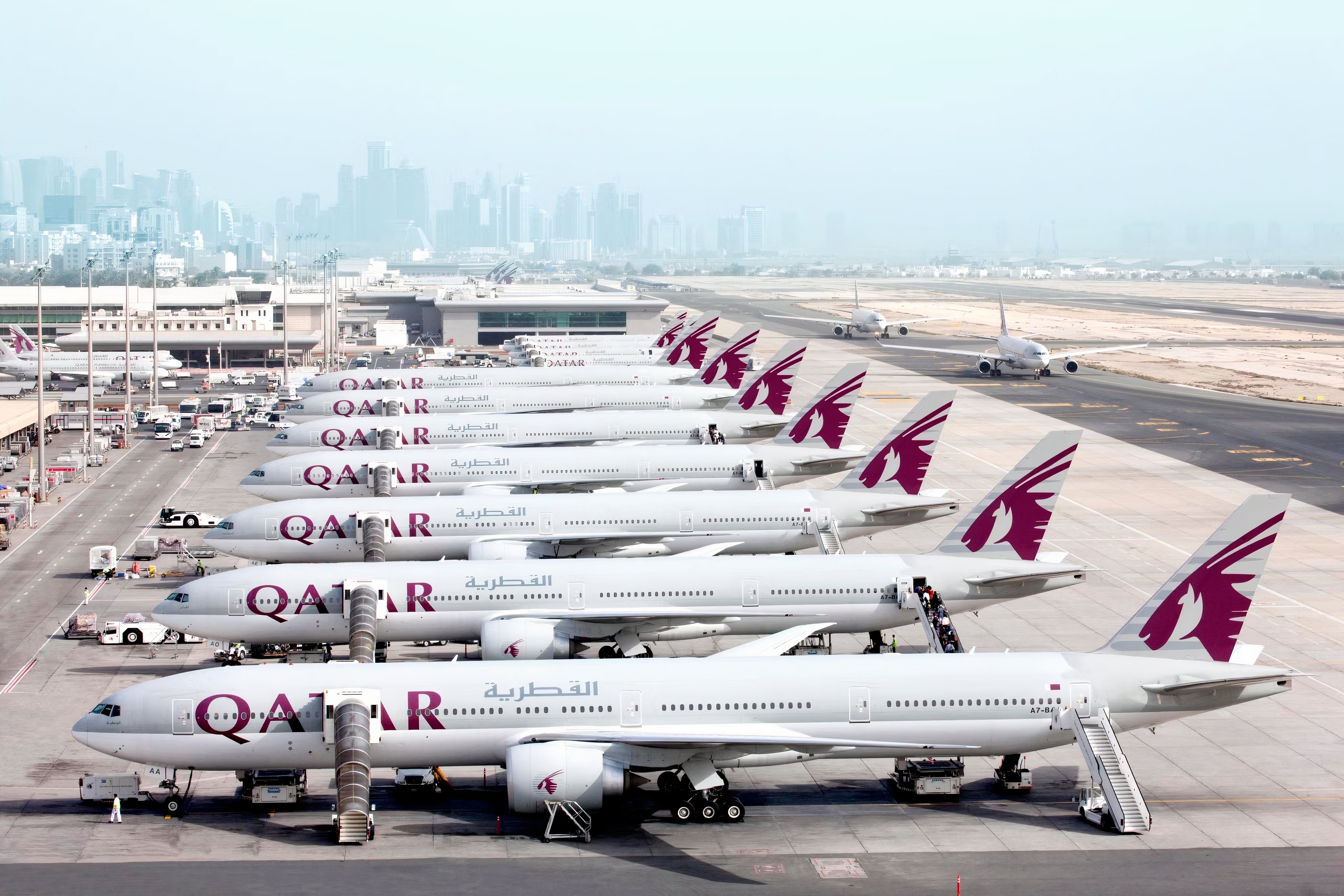Summary The executive of One Air, a UK-based cargo airline, has outlined the negative impact of Brexit on the carrier's business. The airline was the only UK-based airline to operate Boeing 747 aircraft. Brexit has forced the carrier to outsource its maintenance to outside the UK, including in Germany and the United States.
A United Kingdom-based cargo airline, One Air, which has several Boeing 747 cargo aircraft in its fleet, has outlined that the country’s excessive regulations have forced the carrier to look for alternative ways to license its personnel and maintain its fleet. Brexit’s impact on aviation Speaking to The Guardian , Chris Hope, the chief executive officer (CEO) of Hope Air, stated that the previous UK government, headed by the Conservative Party, failed to assess the impact of Brexit on aviation. As a result, pilots have been forced to get licensed in the European Union (EU) for identical qualifications, which has come at a substantial cost, according to Hope.

The CEO also pointed out that engineers’ licenses have become worthless outside of the UK, with the executive noting that there was a lack of mutual recognition for pilots and engineers between the EU and the UK. The fact that One Air is the only UK-based operator with Boeing 747s has exacerbated the airline’s issues since there are no remaining 747 maintenance facilities in the country. Another UK-based cargo carrier, Magma Aviation , has three cargo Boeing 747 aircraft.
However, the latter’s aircraft have been wet-leased from Air Atlanta Icelandic, meaning that the Iceland-based airline and its three 747s operating on behalf of Magma Aviation fell under the jurisdiction of the European Union Aviation Safety Agency (EASA) . While Iceland is not a member of the EU, EASA has listed the country as a member state. Furthermore, The Icelandic Transport Authority (Samgöngustofa) has listed Air Atlanta Icelandic as an EASA Part 145-approved maintenance organization.
The airline plans to operate two 747s by the end of the year. Sending 747s to the US As a result, Hope said that One Air had to send its 747s for maintenance to the US twice, with an incremental cost difference approaching $500,000 for each aircraft. In total, the carrier’s executive stated that it has spent around £780,000 ($1.
01 million) to maintain its two 747-400Fs. Ch-aviation data showed that One Air has two Boeing 747-400F aircraft in its fleet, registered as G-ONEE and G-UNET. Both began life as Air Canada 747-400 passenger aircraft and were later converted to freighters , with G-ONEE and G-UNET being converted to cargo aircraft in the early 2000s.
Ch-aviation indicated that G-UNET is currently undergoing maintenance at Frankfurt Hahn Airport (HHN) , while G-ONEE underwent maintenance at least twice in the past few months. On December 19, 2023, the 747-400F flew to HHN, returning to service on a flight to Hong Kong International Airport (HKG) on January 9. On February 26, the cargo aircraft operated a flight to Victorville Southern California Logistics Airport (VCV).
It stayed there until April 4, when it finally returned to the UK, namely Nottingham East Midlands Airport (EMA), with a stop at Ontario International Airport (ONT). The new British cargo carrier is already establishing itself in critical, competitive markets. Red tape costs to the UK economy In 2018, Oliver Wyman , a US-based consulting firm, published its report about Brexit and the direct impacts of new tariff and non-tariff barriers that could appear following the UK’s exit from the EU.
“We estimate direct costs will be equivalent to 5 percent of GVA [Gross Value Added – ed. note] or more in aerospace, chemicals & plastics, metals & mining and life sciences, where firms are highly integrated into European supply chains.” The UK finally left the EU on February 1, 2020, just a month before the pandemic broke out.
While it has resulted in difficulties for airlines, including the aforementioned license-related issues that Hope has mentioned, the UK government’s paper about the process stated that Brexit was enabling the government – led by the Conservative Party at the time – to improve the passenger experience of UK’s travelers. “Brexit is supporting new opportunities for UK growth. We have greater freedom and flexibility to enable airports to support local areas through inward investment, jobs and levelling up across the UK.
” The report also read that the government would support a change to the regulatory environment within general aviation with improvements to license-related processes, including aircraft maintenance. With a sweeping slot reform on the cards, London Heathrow Airport has expressed concerns about the proposals..



















